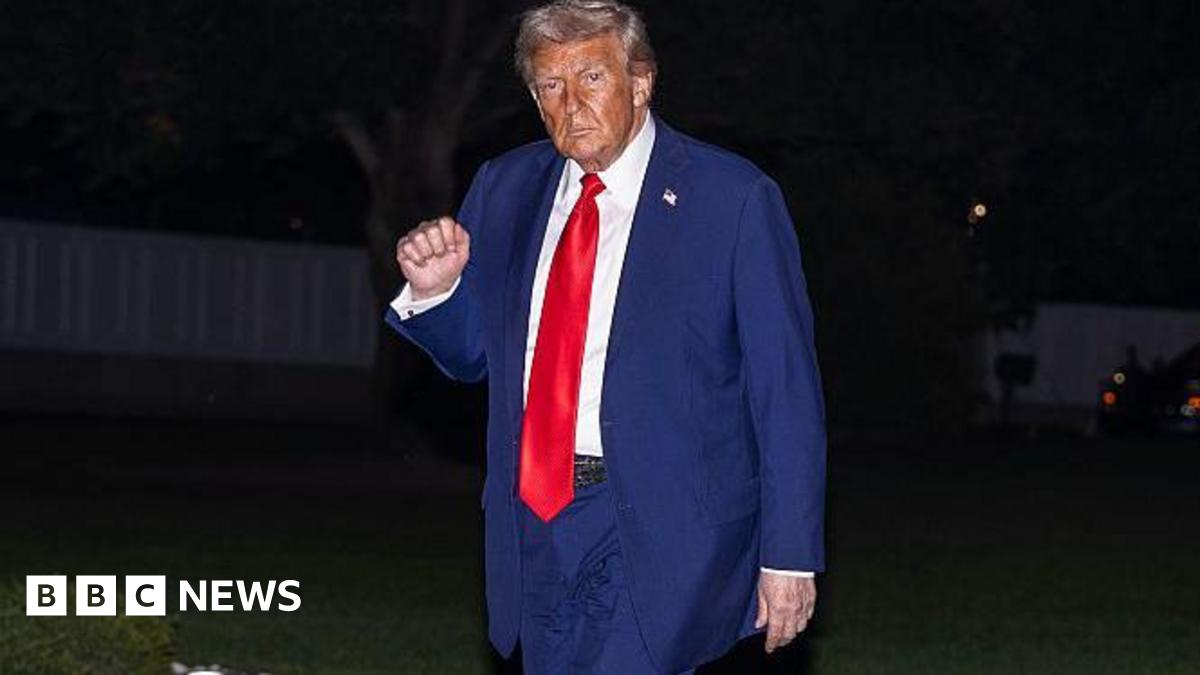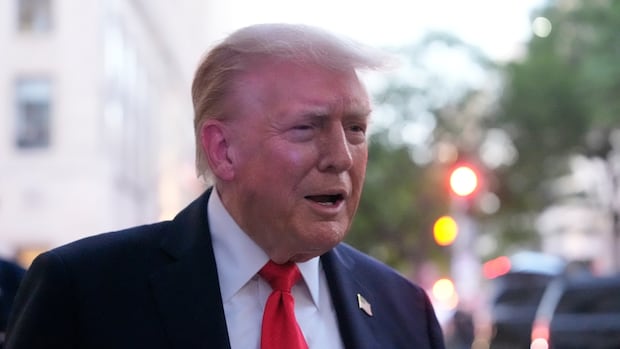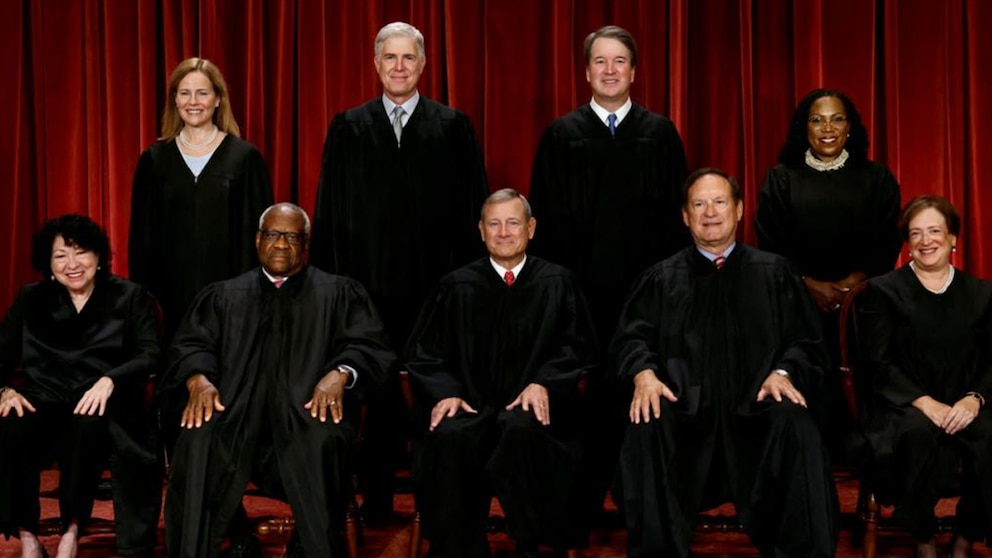Supreme Court to Revisit Presidential Power Over Independent Agencies
The US Supreme Court has agreed to hear arguments regarding the extent of presidential power to remove officials from independent agencies. This decision arrives amidst ongoing legal battles over President Donald Trump's attempts to dismiss members of the Federal Trade Commission (FTC) and other independent boards. The case centers on the firing of Democratic FTC Commissioner Rebecca Slaughter, potentially impacting the independence of numerous federal agencies.
The Slaughter Case: A Test of Presidential Authority
The case specifically concerns Rebecca Slaughter, a Democratic commissioner at the FTC who challenged her dismissal by President Trump. Lower courts initially sided with Slaughter, citing a 1935 Supreme Court precedent, Humphrey's Executor v. United States, which limited the president's ability to remove FTC commissioners without cause, such as "inefficiency, neglect of duty, or malfeasance in office." The Supreme Court's decision to hear the case puts this precedent at risk of being overturned or significantly narrowed.
Historical Context: Humphrey's Executor and Independent Agencies
Humphrey's Executor established protections for officials at independent agencies, aiming to insulate them from political interference. This ruling has shaped the structure of many agencies, including the National Labor Relations Board (NLRB) and the Merit Systems Protection Board (MSPB). These agencies are designed to operate with a degree of independence from presidential control, ensuring their decisions are based on expertise rather than political considerations. The current Supreme Court case could redefine these boundaries.
Arguments For and Against Presidential Control
The Trump administration argues that the president should have broad authority to remove agency officials to effectively implement his agenda. They contend that restrictions on this power unlawfully encroach on presidential authority. Conversely, Slaughter's legal team asserts that granting the president unchecked power over these boards would inject excessive politics into regulatory decisions, potentially harming ordinary Americans. This creates the potential that regulatory actions will reflect the political alignment of agency members more so than expertise and oversight. Justice Elena Kagan, in her dissent, warned that the court’s actions were "handing full control of all those agencies to the President."
Implications for Other Federal Agencies
The outcome of this case could have far-reaching consequences for the structure and operation of the federal government. A ruling in favor of presidential power could lead to a significant shift in the balance of power between the executive branch and independent agencies. It also opens the door for scrutiny for agencies such as the Federal Reserve (Fed), as seen in the case of Lisa Cook. While the case centers on the FTC, the ruling could influence presidential appointments and dismissals across numerous agencies, affecting consumer protection, labor relations, and other critical areas.
The Supreme Court's Conservative Majority and Executive Power
The Supreme Court's decision to hear the case and its temporary allowance of Slaughter's removal suggest a willingness to reconsider existing limitations on presidential power. This is further compounded by the existing 6-3 conservative majority. The court has previously sided with the administration in cases involving dismissals from other independent agencies like the Consumer Product Safety Commission (CPSC). Arguments in the Slaughter case are scheduled for December, potentially leading to a landmark decision that will reshape the relationship between the president and the federal bureaucracy.
| Issue | Details |
|---|---|
| Case Subject | President Trump's firing of Rebecca Slaughter, Democratic FTC commissioner |
| Legal Precedent | Potential overturning of Humphrey's Executor v. United States (1935) |
| Impact | Broad implications for independent agencies like the NLRB, MSPB, and potentially the Federal Reserve. |
| Timeline | Oral arguments scheduled for December. |
 Visit the website
Visit the website





